In 2009, Rockstar North announced to the world a brand-new video game IP called ‘Agent’. As of 2023, we have not heard from them on this since. What really happened during development of this game, and what could players have experienced had it released in this day and age?
The release of the revolutionary – and controversial – open-world crime sandbox Grand Theft Auto III in 2001 made gaming publisher Rockstar Games (as well as the developer DMA Design, later known as Rockstar North) an industry-wide sensation. And the (no pun intended) caravan of critical and commercial hits did not end there: games like Remedy Entertainment’s Max Payne and Max Payne 2: The Fall of Max Payne reinvented the third-person shooter, Midnight Club II and Midnight Club 3: DUB Edition shook up the racing genre, and Manhunt and Manhunt II got a lot of people talking with its extremely violent gameplay as they dabbled into the survival horror genre. Of course, I would be remiss if I did not bring up Grand Theft Auto: Vice City and Grand Theft Auto: San Andreas, sequels to Grand Theft Auto III and, perhaps, some of the biggest video games of that era.
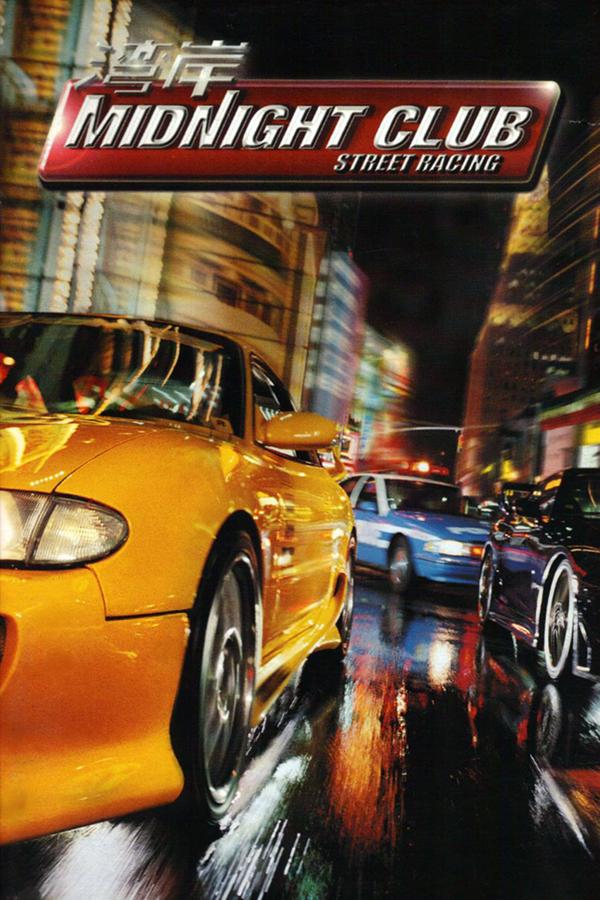
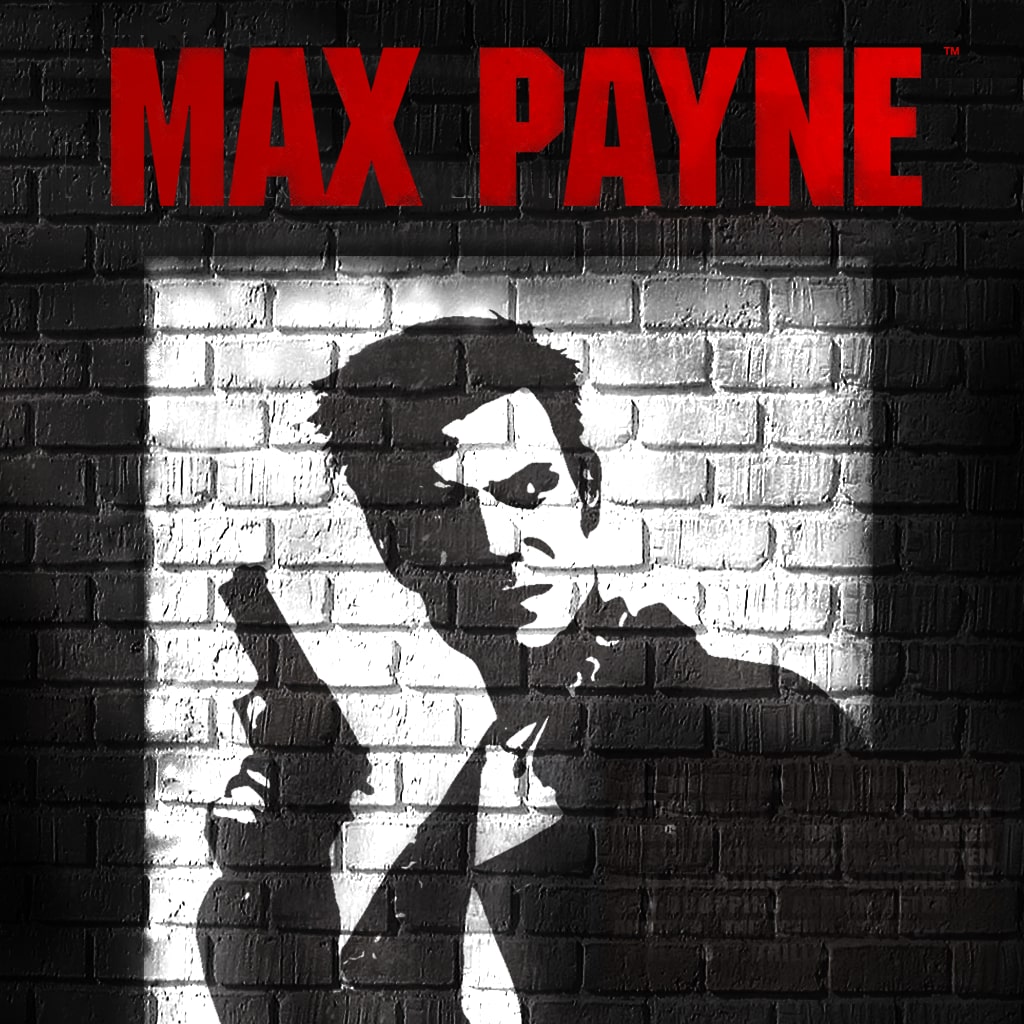
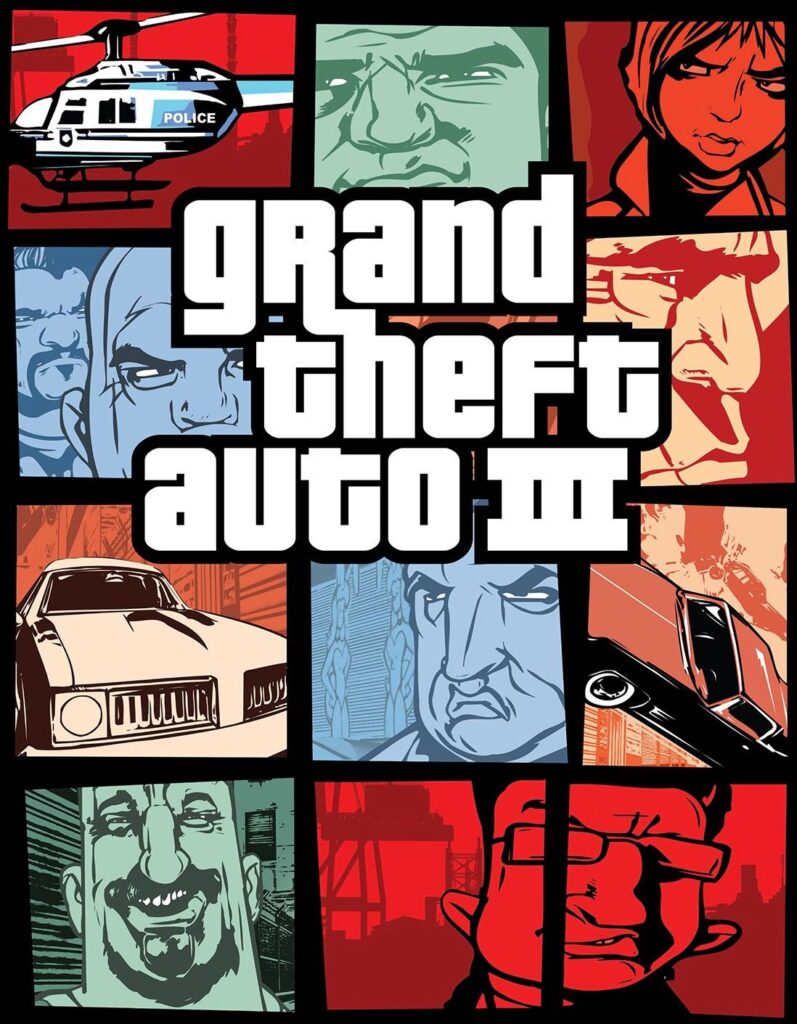
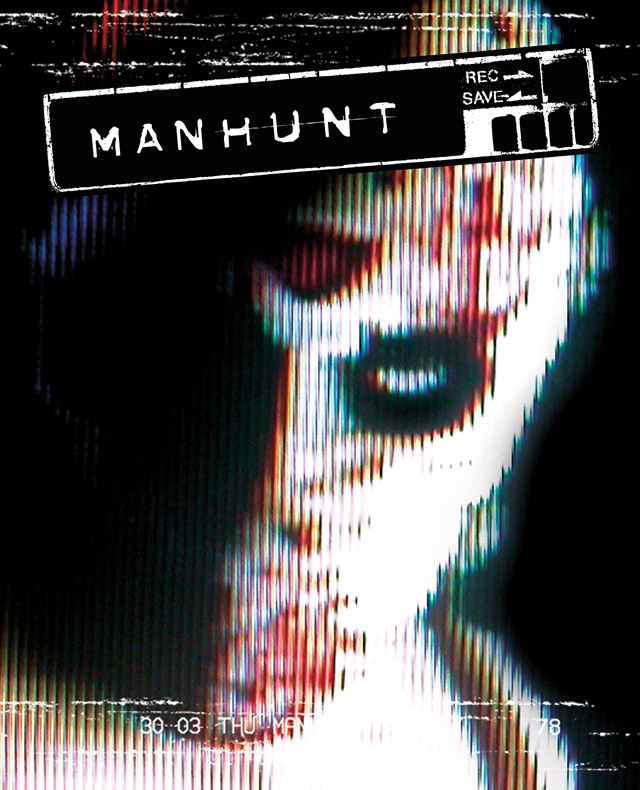
Rockstar Games’s output during the early-to-mid 2000s.
Suffice to say, Rockstar Games had a really prolific 2000s in terms of gaming output. True to their name, they would develop and release games that would go against the typical framework of video game establishment at the time; more mature, bigger budget, larger in-scope and narratives involving anti-heroes. Yet, they were able to keep the gameplay fun and innovative. Every release by Rockstar Games was anticipated by many, it seemed. In fact, the Grand Theft Auto franchise was one of the reasons the PlayStation 2 was such a momental success; players could only play GTA III, Vice City and San Andreas on the PlayStation 2 for an entire year before other platforms like Xbox and PC would see ports of those games.
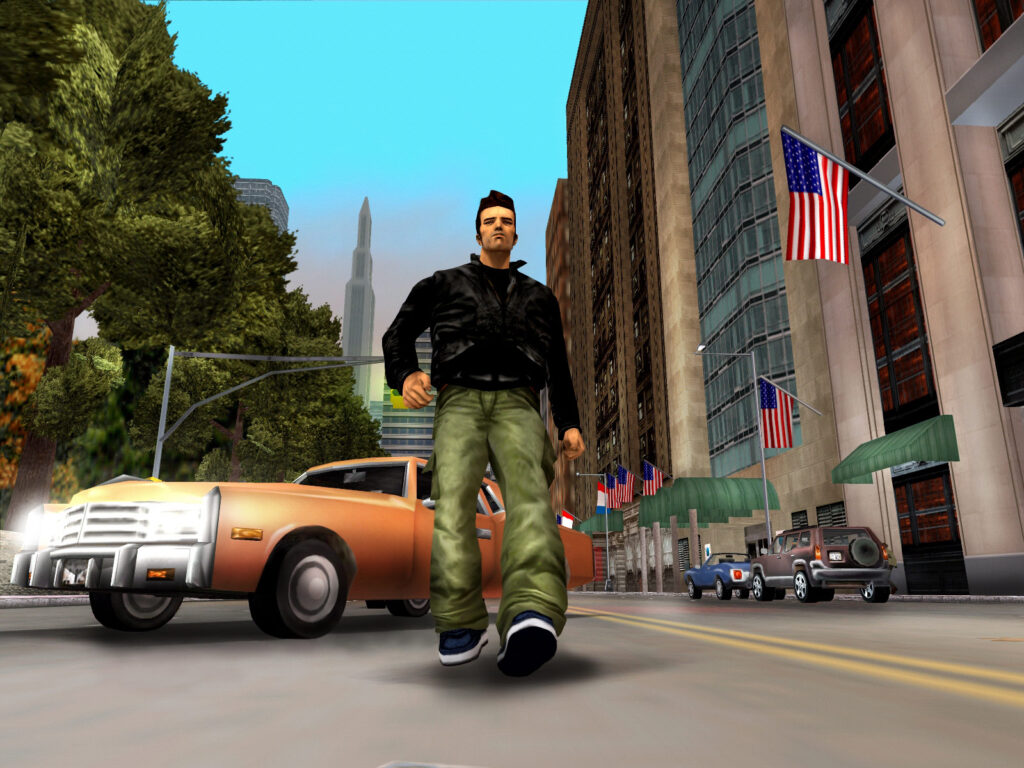

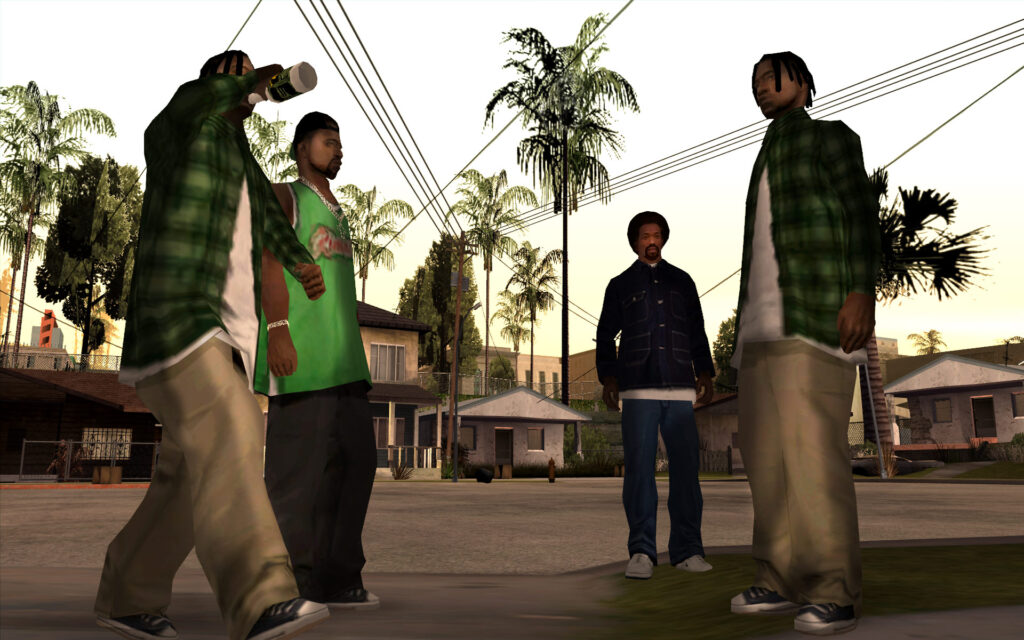
Suffice to say, Rockstar Games had a really prolific 2000s in terms of gaming output. True to their name, they would develop and release games that would go against the typical framework of video game establishment at the time; more mature, bigger budget, larger in-scope and narratives involving anti-heroes. Yet, they were able to keep the gameplay fun and innovative. Every release by Rockstar Games was anticipated by many, it seemed. In fact, the Grand Theft Auto franchise was one of the reasons the PlayStation 2 was such a momental success; players could only play GTA III, Vice City and San Andreas on the PlayStation 2 for an entire year before other platforms like Xbox and PC would see ports of those games.
So it was no surprise that during E3 2007 following the launch of the PlayStation 3 the previous November, Michael Shorrock, the Director of 3rd Party Relations at Sony Computer Entertainment America (SCEA), announced on the PlayStation Blog that Rockstar Games would forge another partnership with Sony to initiate a brand-new video game property exclusively for the console, acknowledging the tremendous popularity and influence of the Grand Theft Auto franchise. Two years later at the E3 2009 Sony press conference, that new game would be an espionage video game set in the late-1970s during the Cold War, called “Agent”. Ben Feder, CEO of Rockstar Games’s parent company, Take-Two Interactive, remarked that Agent would be “genre-defining”, and Rockstar North studio founder Sam Houser believed that Agent would be “the ultimate action game” that incorporated “intense action, atmosphere, and story in a great period setting to create something that feels quite unique”.
Other than the reveal of the logo for Agent, those were all the details we got during that E3. In fact, it would be the last time we would hear any new details regarding the game officially from Rockstar. Throughout the next decade or so, Rockstar would keep gamers’ hopes alive for another reveal and eventual release of Agent by just acknowledging that it was still in development at Rockstar North. Though it was purportedly aiming for a 2010 release, it would instead get delayed indefinitely, with only a passing mention by Rockstar or by Take-Two that the game was “still in active development” with nothing more to say about the project. Even the prospect of Agent being a PlayStation-exclusive game was up in the air once Sony had transitioned into the PlayStation 4 generation. Though the Agent trademark would be renewed in 2013 and once more in 2016, it was finally considered “abandoned” by the US Patent & Trademark Office in November 2018, dashing faith that the game would eventually be released to the public. Furthermore, the official website of Agent would redirect to Rockstar Games’s main website instead. Despite Rockstar not officially claiming that it has cancelled ‘Agent’, many now assume that the project is as good as dead.
The only potential preview we may have gotten of Agent during the 2010s came by way of an ex-employee at Rockstar North: an environmental artist named Leigh Donoghue posted images in 2011 of alleged in-game screenshots on his LinkedIn profile that showed a character and some environments. Additionally, in December 2015, a few new screenshots were leaked by an ex-Rockstar North artist, Darren Charles Hatton, also via his online portfolio declaring that any artists that were previously working on Agent were instead tasked with working on Grand Theft Auto V; thus he was “not sure if [Agent] will ever be published”. Just under two years later, an X (formerly Twitter) user by the name ‘Bully 2 Info’, which around the same time appropriately leaked concept art for the previously in-development sequel to the Rockstar Games cult classic ‘Bully’ (also now considered to be cancelled, despite no acknowledgment from Rockstar about Bully 2’s existence as it was never announced), also leaked a few pieces of concept art for Agent that presented a highway road in a snowy environment – in fact, they reminded me of the environments filmed during the famous ski chase in the 007 film “For Your Eyes Only” (likely taking place around the same time as Agent would also have).
Agent concept art leaked by ‘Bully 2 Info’.
In 2019, a Polygon article laid out that a previous iteration of Agent was being developed by a different team that had just acquired by Rockstar at the time. That team, previously known as Angel Studios and then rebranded as Rockstar San Diego when they were acquired in November 2002 (for a total price of $41 million), was approached by Rockstar executives and brothers Dan and Sam Houser with developing a prototype for this Agent ‘concept’ as a trial of their worth; essentially, the Housers wanted to observe if the investment in the team was worthwhile. That concept the Houser brothers were envisioning was an open-world spy video game with the tone similar to the British television show ‘The Professionals’, as well as classic 007 films – complete with the guns and transformative gizmos and gadgets that were ubiquitous in a series like James Bond. It was claimed that it was an “exciting” challenge for Rockstar San Diego as it would mark a shift in video game presentation for Rockstar video games at the time by incorporating a more cinematic flair set during a historic time period (not unlike the 1980s aesthetic found in Grand Theft Auto: Vice City). Though Rockstar San Diego did not have a lot of time to complete the prototype and had to work long hours to develop it, they were eventually able to finish development of the demo: one game level took the player on a mission being “chased by a helicopter, with buildings exploding, rocket launchers blowing doors off of structures, and hang gliders landing on the roof of the White House”. The demo impressed the Housers so much that the entire project was quickly greenlit.
The actual Agent product was planned to have three levels, but only two were worked on by Rockstar San Diego until the project got reassigned to Rockstar North in 2005: one was the game’s main hub level located in Washington, D.C., and another was set in Cairo (another report by GameInformer detailed the troubled research trip that the Rockstar San Diego studio had endured in Egypt during its development). Rockstar San Diego’s (previously Angel Studios) previous output up to this point were revolutionary open-world games including Midtown Madness (published by Microsoft), Midnight Club and Smuggler’s Run (both published by Rockstar), but they had a specific focus – driving. Agent would have had to combine driving as well as action as part of the open-world design, and this meant Rockstar San Diego had to massively overhaul their engine. This, on top of ever-changing and vague requests from the Houser brothers, short timelines and excessive crunch (16-hour work days in most cases) meant that resources were spread thin and immense pressure was placed on the studio to deliver the product that Rockstar Games was envisioning from the start. And to top it off, they had to also concoct a story that tied all of those gameplay elements together. After the departure, and even a few unexpected deaths of key staff at Rockstar San Diego, the team received new leads for the ‘Agent’ project, but that led nowhere as they were not able to conceive the vision that the Housers wanted for the game.
In the end, Rockstar San Diego’s last year of development for this initial stage of Agent’s development cycle was spent optimizing the engine for open-world games that Rockstar would start using going forward, called the Rockstar Advanced Game Engine (or R.A.G.E.). The R.A.G.E. engine developed by Rockstar San Diego would debut in Rockstar’s Table Tennis, and then be used in Rockstar’s tentpole blockbusters like Rockstar North’s Grand Theft Auto IV in 2008, and Rockstar San Diego’s next projects, Midnight Club: Los Angeles in 2008 and Red Dead Redemption in 2010.
The Housers ordered Rockstar San Diego to stop working on Agent, and use whatever technology was developed up until that point to work on the second instalment of Red Dead – an open-world Western action-adventure game, which would eventually be named Red Dead Redemption. Rockstar North would themselves resume work on Agent but on a different engine (with assistance from another Rockstar studio based out of Leeds, England, it was claimed). A demo was created that apparently “blew anything” Rockstar San Diego had created out of the water, including a car that turned into a submarine (could be an homage to the Lotus Esprit submarine car from the 007 film ‘The Spy Who Loved Me’). However, this project would too eventually slow down, and instead some of those assets and ideas would eventually be utilized in the more commercially-viable Grand Theft Auto V.
Speaking of GTA V, a former technical director of Rockstar Games that worked at the Rockstar North studio from 1995 until 2009, Obbe Vermeij, recently mentioned on his blog in November that the push by Rockstar to complete Grand Theft Auto V meant that the Agent project would be reassigned from Rockstar San Diego to Rockstar North, before being frozen altogether. Remember the “For Your Eyes Only” reference I made earlier regarding that ski chase? Vermeij mentioned they were working on a level like that!
But according to Vermeij, the development did not progress as much as they hoped at Rockstar North. They tried downscaling the game’s scope in order to complete it, such as cutting out levels such as the Cairo map and an apparent space level that was also in development (Moonraker, anyone?), but it got de-prioritized over the premiere Grand Theft Auto game that was the guaranteed success. While half of the Rockstar North team was working on GTA IV expansions and GTA V, the other half was working on Agent before they too were reassigned to work on GTA, leaving Agent unfinished.
It’s a shame that Agent did not see the light of day. The potential of a period-specific “James Bond”-esque game like Agent during the sixth video game console generation (PS2/Xbox/GameCube), or even the seventh generation (PS3/Xbox 360) would have been an interesting take on the espionage genre of video games, especially from a gaming juggernaut as esteemed as Rockstar. Spy and stealth video-games were pretty commonplace at that time; Splinter Cell, Metal Gear Solid, Perfect Dark, and of course 007 with its video game adaptations (including the renowned GoldenEye on Nintendo 64) and its original video game narratives (like 007: Nightfire or 007: Everything or Nothing) were highly acclaimed and successful titles, but they mostly took place in the modern day or in the future. The only spy games that took place in the past was the video game adaptation of 007’s “From Russia With Love” in 2005; you could also count the Timesplitters series which had specific levels taking place in the past due to it’s time-travel hook, but these were also video games that were more linear in nature with set-pieces. Rockstar’s own “L.A. Noire” developed by Team Bondi in 2011 depicted a highly-detailed open-world Los Angeles taking place in 1947, though the gameplay was less espionage and more of a detective mystery procedural with occasional action to break up the investigation gameplay. Agent would have cast a new paradigm back then for spy video games, let alone historic espionage games.
And had Agent been released nowadays, it would have been even more of a standout considering the dearth of stealth-based video games releasing in a big-budget manner. Ubisoft does reportedly have a remake of the first Splinter Cell game in development, and Konami has a remake of Metal Gear Solid 3: Snake Eater (probably its closest analogue, also taking place during the Cold War) releasing sometime in 2024. However, there were reports that Embracer Group recently cancelled a new Deus Ex game while laying off employees from its Eidos Montreal division, as well as shuttering studio Free Radical Design (again) along with a TimeSplitters project that was in development; the only gaming franchise in the stealth genre that seems to be thriving is Hitman. In terms of 007 video games, the last one to be released was the critically-panned 007 Legends in 2012 (though IO Interactive, the studio behind Hitman, is working on a project linked to James Bond).
It is no surprise that Rockstar is very happy with the success of Grand Theft Auto V (plus GTA Online) and Red Dead Redemption 2, particularly the former. They were the only two games released by them over the past decade (if you don’t count any remasters like the Grand Theft Auto: Definitive Trilogy); the very apparent large-scope and attention-to-detail shows that the long-development for those games makes sense (and the much-anticipated Grand Theft Auto VI is rumoured to be coming very soon as well). Yet, as with all of their other dormant franchises, Agent would have sparked a breath of fresh air in an industry that longs for a new take on an established genre. Rockstar would definitely have had the industry excited and anticipated for a game like Agent, but now such a concept would have to be handled by a different studio outside of Rockstar Games that could only be inspired by Rockstar’s early vision – way back two decades ago – of what Agent could have been.


